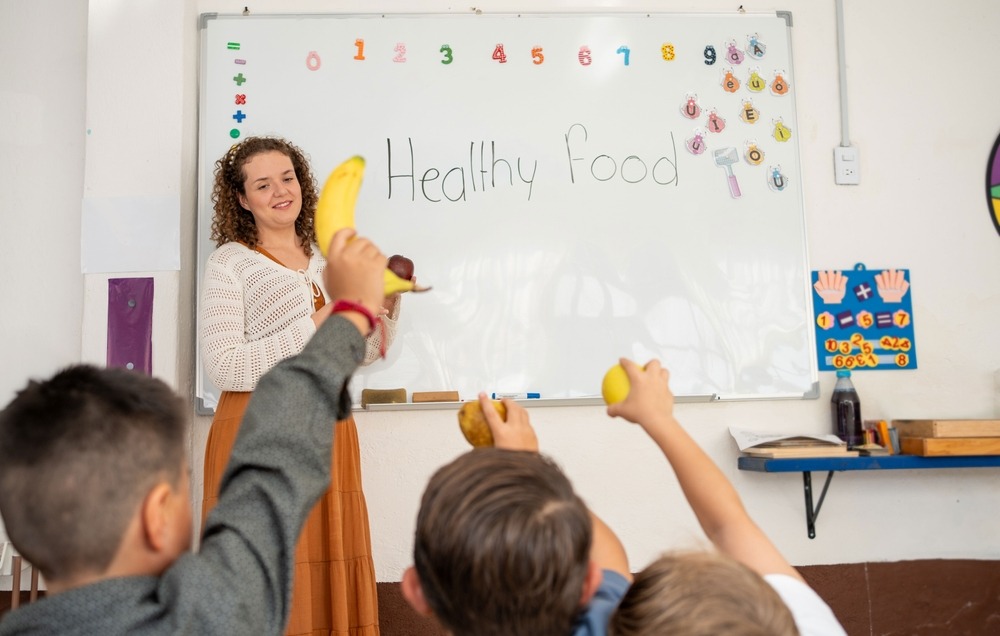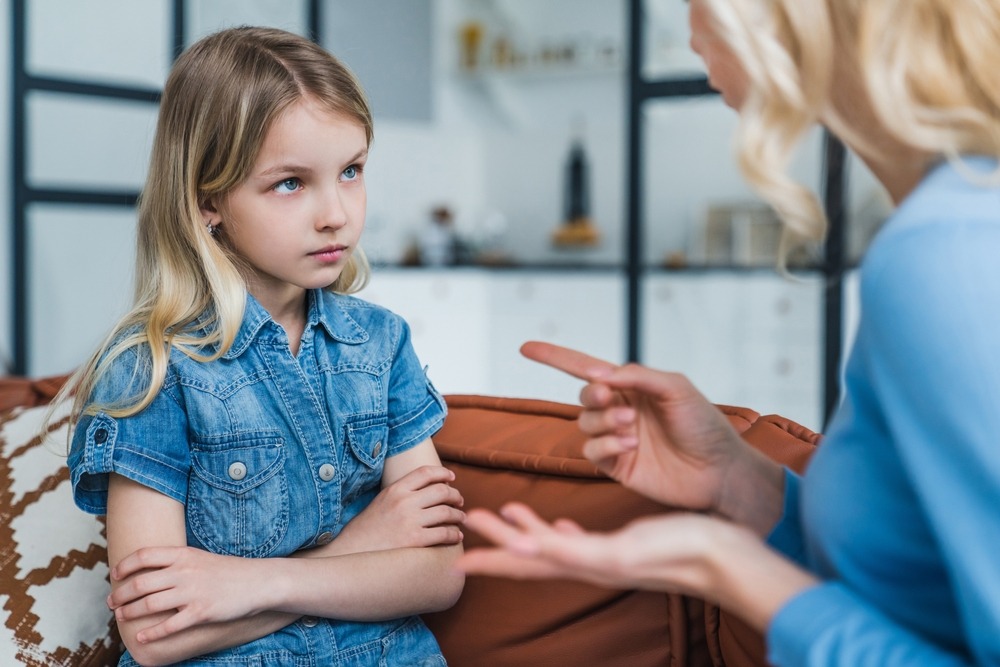Hi there, fellow parent!
We all want our children to enjoy their preschool years—to play, learn, and smile every morning when it’s time for school. But what happens when your child says those dreaded words:
“I don’t want to go to school.”
Or worse, cries at drop-off, becomes quiet at pick-up, or throws tantrums in the morning?
If that’s happening with your little one, don’t panic. You’re not alone—and more importantly, there’s a reason behind it, and there are solutions.
First, Understand the Symptoms
Before jumping to conclusions, try to observe the signs. Here are some common signals that your child might be struggling with school:
- Sudden changes in behavior (becoming quiet, withdrawn, or aggressive)
- Crying or clinging during drop-offs
- Complaining of tummy aches or feeling “sick” often
- Not talking about what happened in school
- Avoiding school-related activities at home
- Poor appetite or disturbed sleep
These could be emotional responses to something they’re experiencing—but can’t fully express.
Possible Root Causes
Let’s break down why your child might dislike preschool:
Separation Anxiety
At this age, it’s normal for children to feel nervous when separating from their parents. But for some, it hits harder than others.
Fear of the Unknown
New surroundings, new faces, unfamiliar routines—it’s overwhelming for a small child.
Peer Issues
If your child feels left out, teased, or unable to make friends, they may associate school with discomfort.
Learning Struggles
If a child feels they’re not doing “well enough,” it can knock their confidence, even at the preschool level.
Mismatch in Learning Style
Some children are more hands-on, while others are observers. If the environment isn’t flexible, they may feel disengaged.
So, What Can You Do?
You don’t need to “fix” everything in a day—but there are small things that help big time.
Listen Without Judgment
When your child expresses dislike for school, don’t dismiss it. Say:
“Tell me more… What didn’t you like today?”
Build a Routine
A consistent sleep and wake-up routine helps kids feel secure and ready.
Visit the School
Show them their classroom, meet the teacher again, and play in the school yard. Familiarity reduces fear.
Talk to the Teacher
They spend hours with your child. They might have insights you don’t.
Play School at Home
Pretend play helps children understand what to expect—and gives them control in a safe setting.
How Duscha Helps Children Love School Again
At Duscha Preschool, we don’t just teach, we observe, listen, and adapt. Here’s how our team helps:
- Gentle Transitions: New children are eased into routines slowly and lovingly.
- Child-Centered Learning: Every activity is built around play, not pressure.
- Empathy-Driven Teachers: We recognize emotional needs and respond with warmth.
- Peer Bonding Activities: Group storytelling, circle time, and buddy tasks foster friendships.
- Parental Support: We stay in touch with parents and welcome their input to create a better environment.
A Gentle Reminder to All Parents
Disliking school at first is not a sign of failure—not for your child, and certainly not for you. It’s simply a sign that something needs a little more attention and love.
At Duscha, we’re here to help your child not just attend school—but to fall in love with it.
With love,
Team Duscha
Because every child deserves a joyful start.



